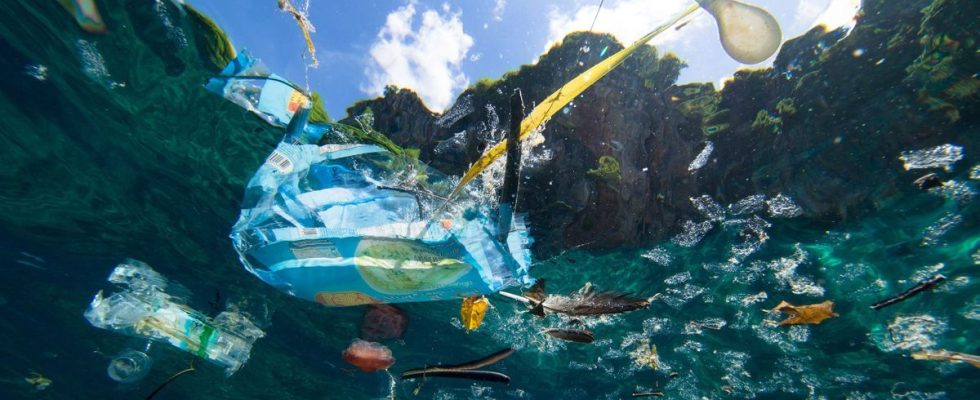Published on
Updated
Reading 1 min.
A new disease has recently been identified by scientists in seabirds native to Australia. Called “plasticosis”, this pathology is characterized by an inflammation of the digestive tract of these birds, caused by the ingestion of plastic particles.
It is a disease that affects seabirds in Australia. By dint of ingesting fragments of plastic waste, these birds end up developing an inflammation of the digestive tract. These cases of “plasticosis” were observed by an international team of English and Australian researchers. Posted in The Journal of Hazardous Materials, their study was carried out on twenty corpses of seabirds originating from the Australian island of Lord Howe (young pale-footed shearwaters). The bodies of these sea birds were collected between April 28 and May 8, 2021 and analyzed shortly after their death.
The results revealed a strong presence of plastic in the stomachs and gizzards of the examined shearwaters. Plasticosis is a disease of fibrotic origin, that is, it results in the formation of extensive scar tissue. “The presence of plastic was strongly associated with extensive scar tissue formation and significant changes or even loss of tissue structure in the mucosa and submucosa,” the researchers state.
According to the study, these cases of plasticosis are explained by the fact that these marine birds do not sort between the natural nutrients recovered on the beaches and the plastic fragments resulting from the waste which mix with their source of feed. The authors of this work are formal: “the pathology was caused directly by the plastic, rather than by natural elements, such as pumice”. A discovery that is all the more worrying insofar as it could affect other animal species (even humans) and in other parts of the world.
According a report by the World Wide Fund for Nature (WWF) published last year, plastic pollution is expected to double by 2040 and quadruple by 2050.”At this rate of growth, plastic pollution will cause significant ecological risks in many marine areas“, warns the NGO.
